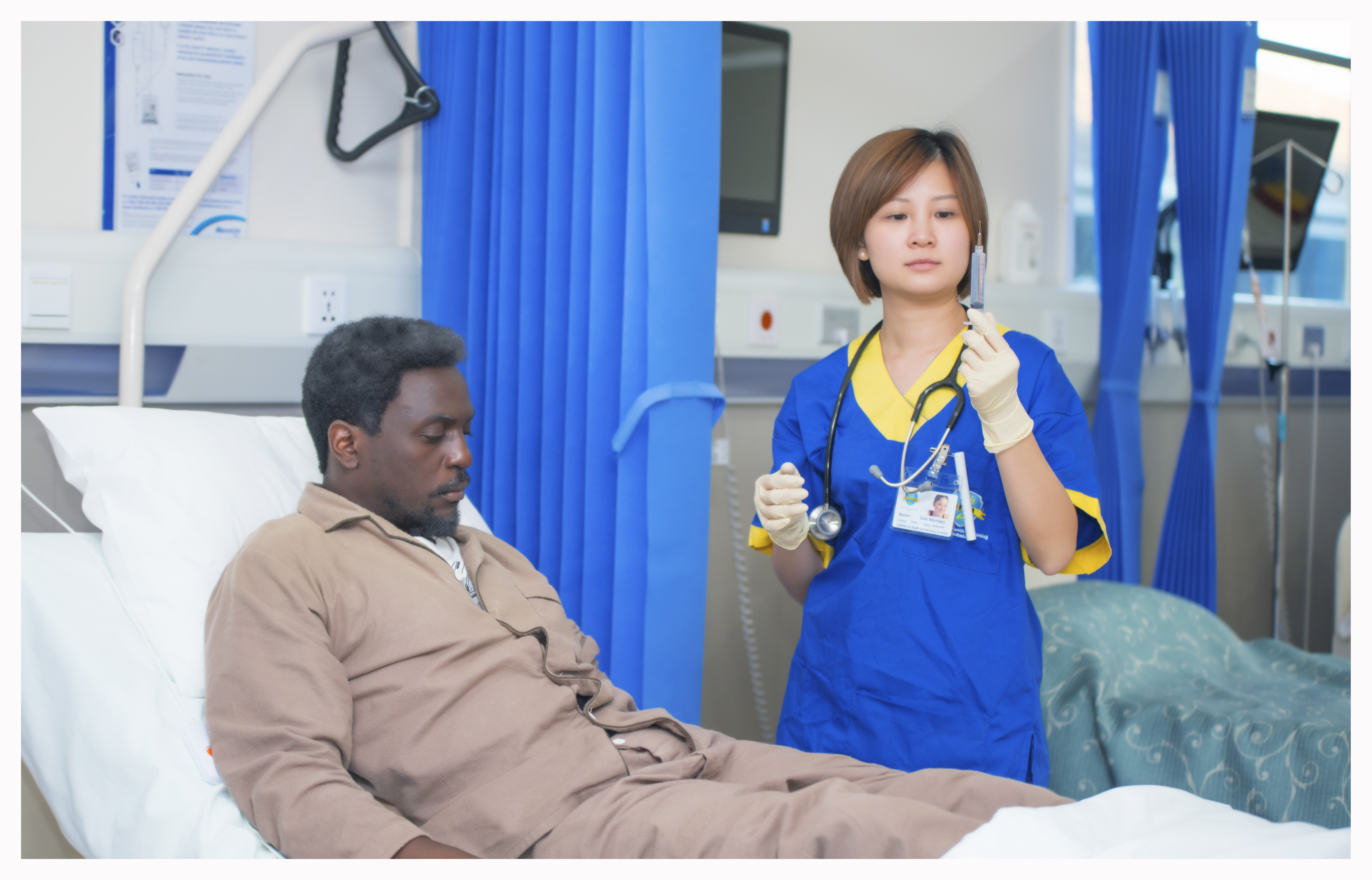Different Tracks to Become a Registered Nurse in Australia
Nursing is a career that helps you to truly make a difference in the lives of others and give back to the community. As a nurse you can go places and see the world − skilled nurses are always in demand and much sought after in any country. As a profession, nursing is continually evolving and you will always have new opportunities to learn and new challenges to face. You can work in a variety of environments, ranging from metropolitan hospitals to the homes of clients. You can choose to undertake a range of specialties as well, depending on your interests. You can opt for midwifery, emergency care, paediatrics, aged care, mental health, surgery and palliative care, among others.
To become a Registered Nurse in Australia, there are a number of registered nurse education requirements and different pathways you can take. The direct route is to complete an accredited course at a recognised university. Academic requirements for a Registered Nurse, also called a Division I Nurse, are at the level of bachelor’s degree in Australia. The course duration can range between two to four years in length with three years being the national average. There are some universities that offer an intense two-year ‘fast track’ bachelor’s degree, where three years worth of coursework is compressed into a two-year period.
Students who have successfully completed the program can apply for registration with the Nursing and Midwifery Board of Australia. The Nursing and Midwifery Board of Australia (NMBA) forms part of the Australian Health Practitioners Registration Authority (AHPRA). There are also some other mandates that must be met in order to fulfil registration standards as outlined by the NMBA, which include continuing professional development, recency of practice, criminal history checks and English language competency.
Other Pathways Include the Following:
Certificate III in Health Service Assistance: This is an entry level course that can be used as a pathway into nursing or midwifery.
Certificate III in Individual Support: This is an entry level course that can be used as a pathway into the disabled or aged care sectors, and to other higher level qualifications.
Diploma of Science (Health Studies) or Diploma of Health Science: You can opt to obtain a Diploma of Science (Health Studies) or Diploma of Health Science through a private training provider. There are some universities that may grant enrolment into the second year of a Bachelor of Science (Nursing) on completion of this Diploma.
Certificate III in Health Service Assistance (Acute Care): This course is offered through the state training providers and several private organisations and prepares you to work as an Assistant in Nursing (AIN). You will work as a member of the nursing team, and assist nurses to give general patient care. This AIN qualification can be used as a pathway into a career in nursing or midwifery.
Diploma of Nursing (Enrolled or Division 2 Nursing): To become an Enrolled Nurse, you will have to complete a Diploma of Nursing through a recognised training organisation. On successfully completing your program you can apply for registration with the Nursing and Midwifery Board of Australia, as an Enrolled (Division2) nurse.
Enrolled Nurse to Registered Nurse conversion courses: Having completed an enrolled nursing course, you can choose to progress your career into registered nursing. Enrolled nursing is often chosen as an alternative pathway to university in case students were unable to gain direct entry. This route enables you to work and gain further experience before and during your course of study leading to becoming a registered nurse or midwife.
Note: Please do contact the universities directly for information about their entry requirements, as these can vary.
Related Blog: What You Should Know Before Becoming a Nurse?



Hi just want to ask if you are offering a Bachelor Nursing course as I have completed my Dip Nursing and been working for 4yrs as Enrolled Nurse.
Sorry Marife. Currently we are not providing Bachelor Nursing course. You can take a stroll through our website to find all the courses we are currently providing. Please follow this link.